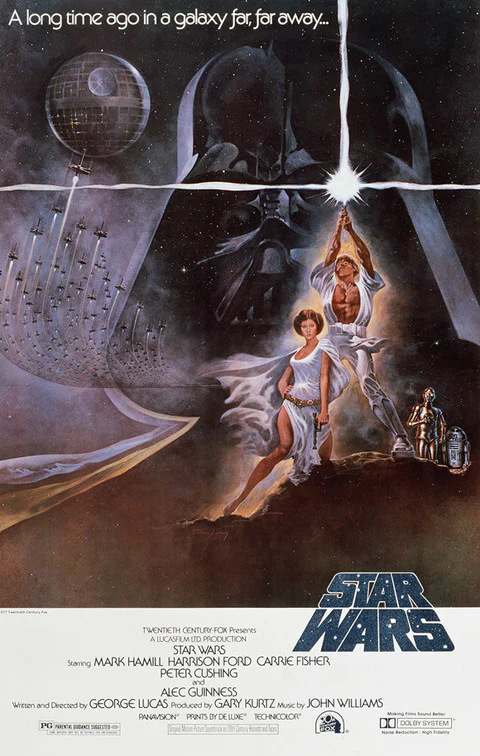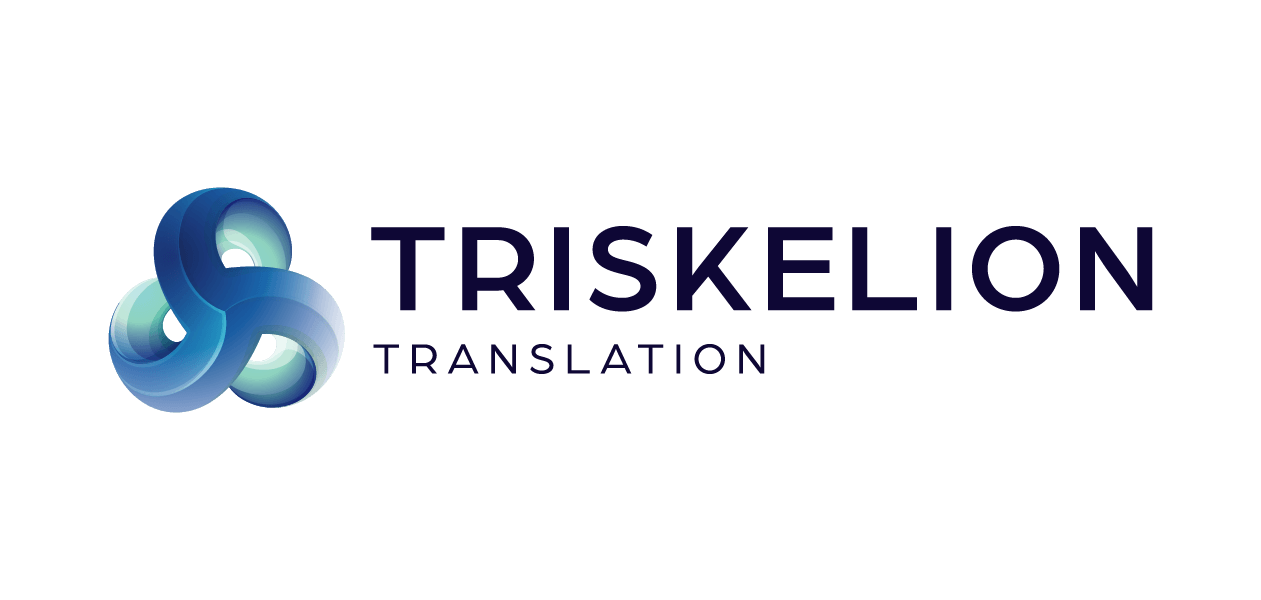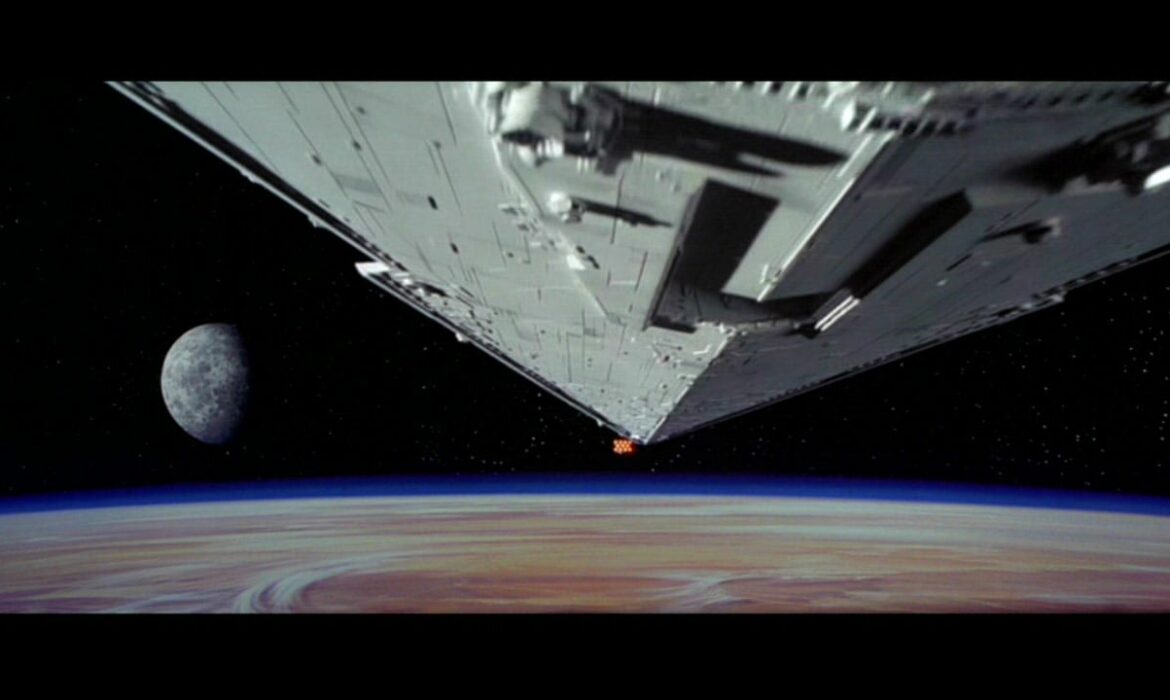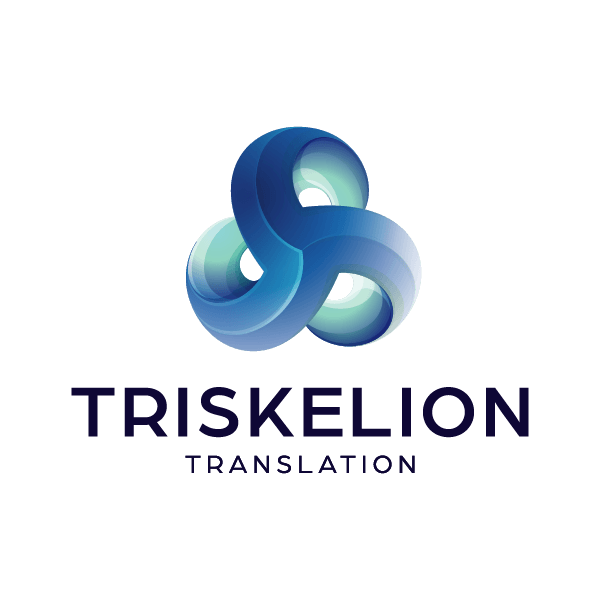Star Wars Day: The French adaptation of A New Hope
Today, it’s May 4th, an important day for all true fans of Star Wars. May 4th indeed echoes the beginning of Star Wars’ most famous line “May the Force be with you”. That’s why fans adapted this sentence to May the Fourth be with you and made this date the Star Wars Day.
So today is a perfect occasion for Triskelion to talk about the 1977 French translation of Star Wars Episode IV: A New Hope, a true classic for the French audience that set the tone and impose its vocabulary to entire sage and to the collective imagination.
Everyone knows or has at least heard about Han Solo, Chewbacca, the Death Star, the Millenium Falcon, the Clone Wars or Jabba the Hutt, but these names were known in a very different version among the French audience that hit the cinemas in 1977 or discovered the film later on.
The French adaptation and dubbing were the task of the SND (Société nationale de doublage), created by Michel Gast and Jenny Gérard. But the 20th Century Fox knew that Star Wars was to become a huge success in France, and entrusted the artistic direction to Éric Kahane, who had full power over the adaptation and directed and decided absolutely everything.
Kahane took very radical decisions and went as far as to translate the title of the film into “La Guerre des Étoiles”, but he also decided to adapt the dialogues and even the names of some characters.
The most famous exemple was Chewbacca, whose name comes from the verb “chew” and the word “tobacco”, which Kahane chose to translate into Chictaba, which literally meant “quid of tobacco”, tobacco to chew. And his nickname Chewie also became Chico.
But Kahane did the same thing for a lot of names: Han Solo became Yan Solo, Jabba the Hutt became Jabba le Forestier (Jabba the Forester), the Clone Wars became la Guerre noire (the Dark War), the Millenium Falcon became the Millenium Condor, the Death Star became l’Étoile Noire (the Black Star), even though many fans (including myself) loved that last translation, thinking it sounded classier than l’Étoile de la Mort (literal translation of Death Star).

All these names came back to their original versions in 1980 with the Empire Strikes Back, after negotiations between the SND and the Fox, except for two characters: Z-6PO (Kahane’s C-3PO, only in the original trilogy) and Dark Vador (Kahane’s Darth Vader), whose licences and derivative products were already being sold in France.
Éric Kahane’s adaptation of Darth Vader into Dark Vador survived until today and Darth, which became a title in the Star Wars universe (meaning Dark Lord of the Sith) would remain Dark in the French films (e.g. Dark Maul, Dark Plagueis, Dark Sidious…) and the French versions of video games (e.g. Dark Malgus…), comics, etc.
Darth Vader was so iconic and known in the collective imagination that it was impossible to come back on his name’s adaptation in French.
But despite is rather odd translation choices, especially for today’s audience and with so many films and series with anglicised names in France, such as the Avengers and other superheroes, the Hunger Games, etc. A New Hope’s French version still is a classic for so many French people that made them discover science-fiction and space opera.
I still remember when I was little, in 1997, watching the remastered version of A New Hope in the cinema, and having only, at home, an old VHS with a version recorded on the French TV channel La 5 with Kahane’s translation. Even if lines “Je suis Yan Solo, je suis le capitaine du Millenium Condor” still grind my gears, Kahane’s adaptation still remains a huge, cherished and nostalgic childhood memory.
We will just thank Éric Kahane for not giving us a Luke Marcheciel.
Happy Star Wars Day to all of you, and May the Fourth be with you, always.
Source
Article from French magazine Première : https://www.premiere.fr/Cinema/Chico-on-met-la-gomme-retour-sur-la-VF-culte-de-La-Guerre-des-etoiles-sorti-il-y-a-40-ans
Related Posts
La traduction n’est pas une science exacte
Le plus grand défi que tout professionnel de la traduction doit relever est de faire comprendre à ses clients et partenaires que la traduction n’est pas une science exacte. Vladimir Gak, dans son article «...


